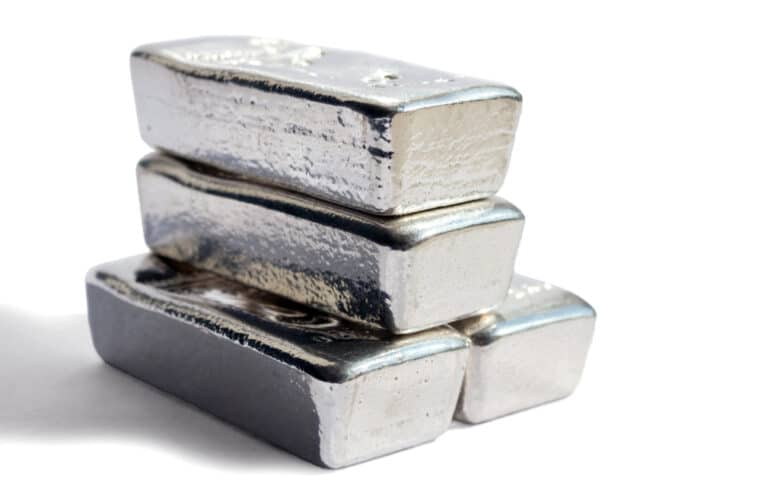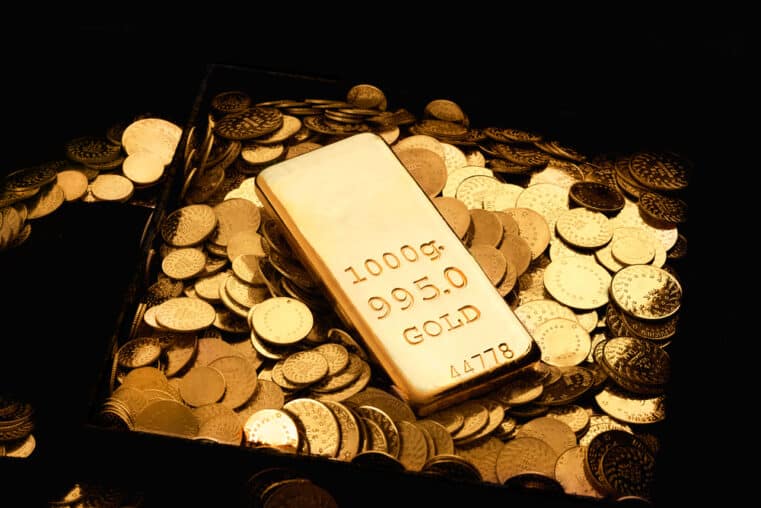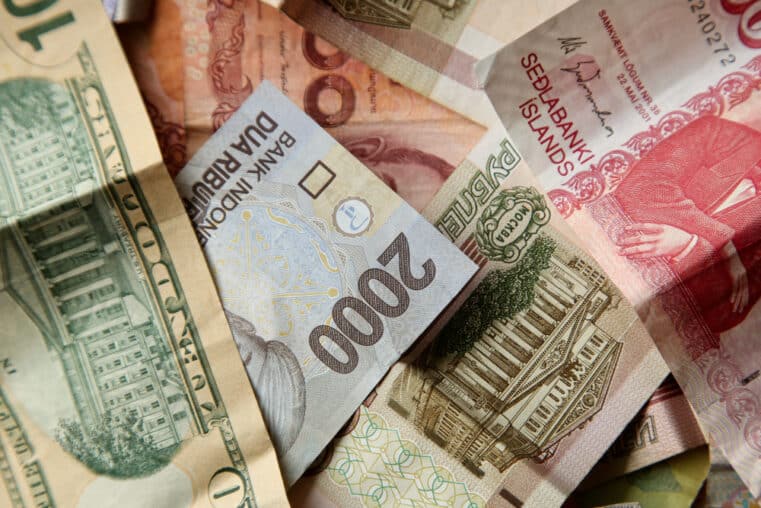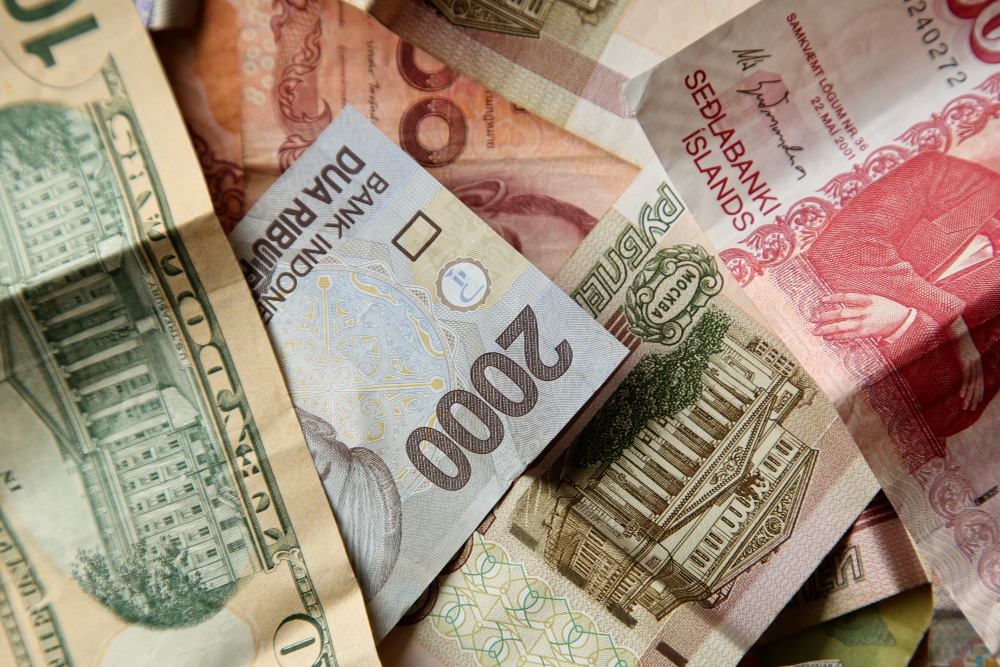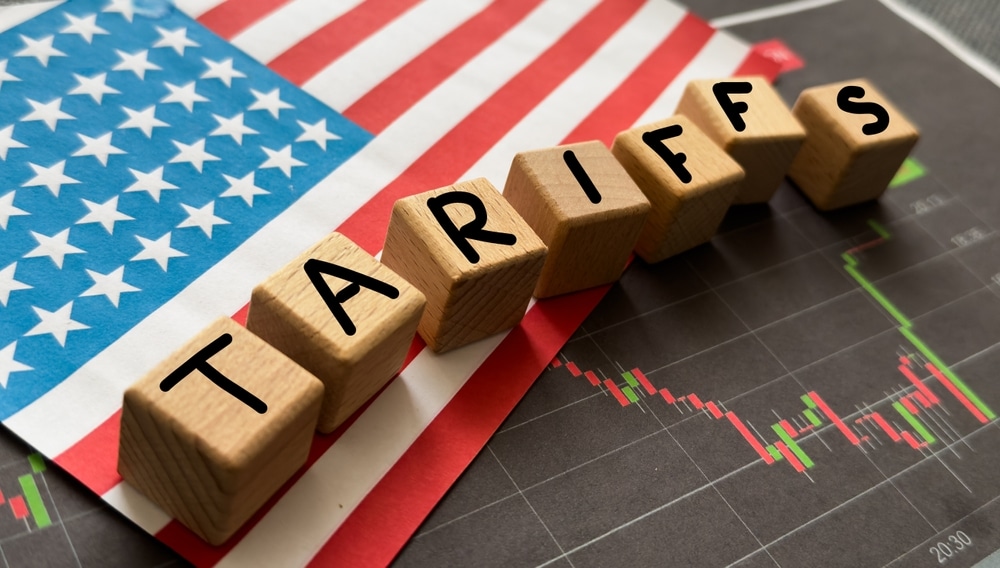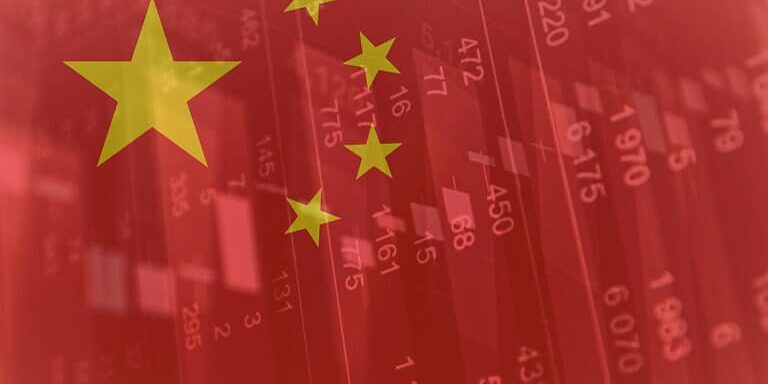
On the Brink of Global De-Dollarization
On Bannon’s advice, President Trump has declared economic war on China. The endgame in mind was that of maintaining America’s hegemonic status as the world’s most powerful economic superpower.
In a phone interview with Robert Kuttner, co-founder and co-editor of The American Prospect, Bannon revealed his strategic view on US and China relations:
“We’re at economic war with China,” he added. “It’s in all their literature. They’re not shy about saying what they’re doing. One of us is going to be a hegemon in 25 or 30 years and it’s gonna be them if we go down this path.”
It’s an unspoken law of hegemonic power that “fair” exchange is always defined according to the preferences of the hegemon--the notion of fairness is one that always stacks the odds in favor of the ruling power. The notion of “America First” does not designate an internal domestic focus--rather, it’s focus is toward an external domestication, one that imposes upon the world a model of organization; a schematic for the directional flow of power. And as Bannon states, it is in the economic arena where our current power struggle is to be played out.
Bannon said he might consider a deal in which China got North Korea to freeze its nuclear buildup with verifiable inspections and the United States removed its troops from the peninsula, but such a deal seemed remote. Given that China is not likely to do much more on North Korea, and that the logic of mutually assured destruction was its own source of restraint, Bannon saw no reason not to proceed with tough trade sanctions against China.
“Mutually assured destruction” as a result of military conflict serves as a strong deterrence against what may end up a lose/lose scenario. Economic conflict, however, offers plenty of opportunities for a decisive victory...at least according to Bannon and Trump. As we’ll see below, there are plenty of reasons to believe why such a battle may not be a clear-cut zero-sum game.
“To me,” Bannon said, “the economic war with China is everything. And we have to be maniacally focused on that. If we continue to lose it, we're five years away, I think, ten years at the most, of hitting an inflection point from which we'll never be able to recover.”
So here we are. One course of action. One desired outcome. As Bannon describes, while military dominance can only come at the expense of mutual destruction, the only remaining outcome besides economic dominance is that of economic destruction or a mere fading away.
Of course, such actions conflict with China’s own sense of “manifest destiny” (echoing the rallying cry that marked our own emergence as an industrial powerhouse in the late 19th century). And its in China’s best interest to prevent this from happening.
China has at least three trump cards against the US.
According to China People’s Daily, the official state-owned media outlet, China has prepared three countermeasures against any offensive trade maneuvers initiated by the US:
- Limiting imports from the US:
China is America's largest export market behind the North America region, and also one of the fastest-growing export markets of the U.S. Uncle Sam relies heavily on China for trade. Statistics show that the annual growth in exports from the U.S. to China averaged 11% in the past decade, almost twice the figure of Chinese exports to the U.S. Sixty-two percent of soybean, 14% of cotton, 25% of Boeing aircraft, 17% of automobiles, and 15% of integrated circuits produced by the U.S. have been shipped to China.
In addition, China is the second-largest export market of American agricultural products, buying 15% of the total export volume, according to U.S. government data. Against such a backdrop, restricting imports of agricultural products and high-end goods would be a trump card for China as a counter action. Marcus Noland, executive vice president of the Peterson Institute for International Economics, once said during an interview that it would be destructive if China limits the imports of American soybean and aircraft.
- Reducing exports to the US:
In addition, being the largest export market of China, the U.S. enjoys the benefits of cost-effective “made-in-China” products. According to data released by the US-China Business Council, trade with China has saved American families $850 in 2015 on average. Oxford Economics estimates that China's low-price goods have resulted in a 1-1.5% lower price level in the U.S. At a time when Americans are expecting Donald Trump's new trade policy to improve the current situation, the bilateral trade conflict would be damaging, said Lian Ping, chief economist of the Bank of Communications. Even small losses are unacceptable, he added.
- Unloading dollar assets
China regained the title of Uncle Sam's largest creditor in June. America's financial stability would be impacted if China unloads its dollar assets on a large scale.
However, these three countermeasures would also harm China. As Chinese officials have stressed, there is no winner or future in a trade war.
Because of the resilience and huge potential of the Chinese economy, the U.S. would be worse hit in the long run, said Wang Wen, executive dean of the Chongyang Institute for Financial Studies at Renmin University of China. With a complete industrial system, China is the only country in the world that owns all industrial sectors listed in the United Nations industrial classification of all economic activities.
Once conflict deepens, America's losses may not necessarily be less than China's losses, noted Bai Ming, executive director of the Institute of International Trade of Chinese Academy of International Trade and Economic Cooperation under the Ministry of Commerce.
Enter China, Exit the US?
To put things into historical perspective, it’s important to realize that every empire, no matter how powerful, is destined to crumble or fade away. The image below serves as a reminder.
China is steadily recouping the global status it once held for millennia before the Industrial Revolution. The US currently holds this status. But as the chart below illustrates, America’s position in the world is slowly declining as the global de-dollarization trend gains steam.
Whether China will be successful in replacing the US Dollar with the Gold-backed Yuan, or whether the hopes for some kind of “world currency” will materialize into a viable solution, we don’t know. But what we do know is that in the eyes of many nations, the US Dollar is both a nuisance and in decline.
As the World Bank’s former chief economist, Justin Yifu Lin, states: "The dominance of the greenback is the root cause of global financial and economic crises." If other nations truly believe this to be the case, then the US is clearly in an unfavorable position. And the US Dollar, even to most Americans, would constitute a risk to be hedged.






